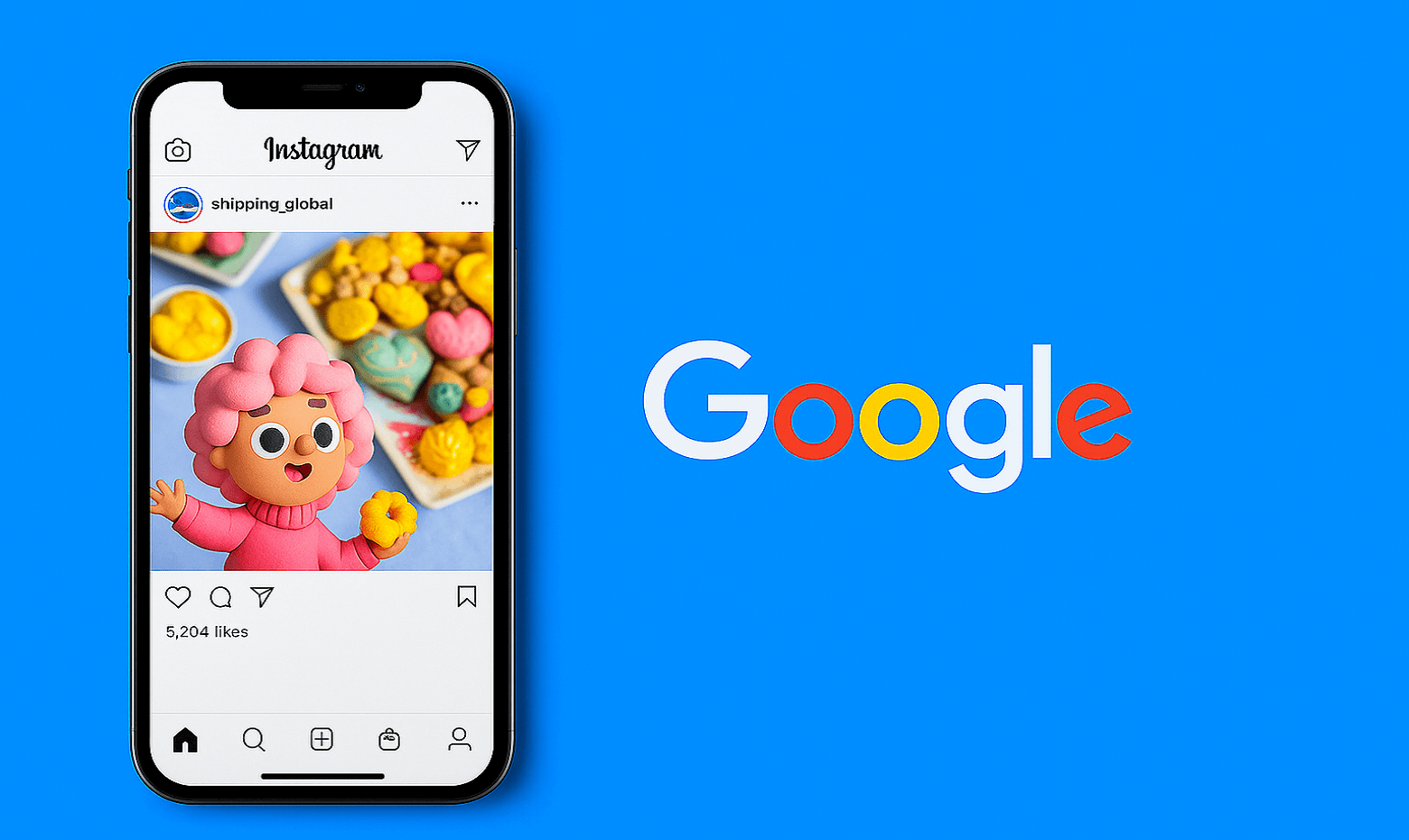Web software is now essential to corporate operations, innovation and expansion in today’s digital-first economy. From small startups to enterprise-level corporations, web-based applications are streamlining workflows, enhancing customer experiences and enabling global connectivity. But what exactly is web software and why is it so essential in modern industries?
We’ll breakdown what web software really means, how it’s being used across various industries and why it’s becoming a game-changer for transportation businesses especially those using solutions like advanced limo web software.
What is Web Software?
Web software is a type of application you use directly through your internet browser no need to download or install anything. It runs on remote servers, which means as long as you have an internet connection and a browser you can access it from just about any device.
Web software is designed to function flawlessly on all devices, including desktops, laptops, tablets and smartphones. In order to provide fluid, dynamic and captivating experiences, it often blends front-end (what you see and interact with) and back-end (the functionality that goes on behind the scenes) technology.
The Role of Web Software in Niche Industries
Web software has completely changed operations in sectors like limousine and transportation services. In order to handle reservations, client information, routes, payments and compliance in real-time, fleet managers, dispatchers and drivers today depend on integrated digital systems.
Limo web software is a great example since it was made just for limo and chauffeur services. This kind of web software may handle anything from booking online to sending out invoices and tracking shipments. It helps limo companies provide smooth service, cut down on mistakes and grow in a smart way.
Core Features of Web Software
When evaluating or choosing web software for your business, certain key features stand out as essential for performance, flexibility and growth. Below are some of the most important core features modern web software typically offers:
Cross-Platform Accessibility
One of the biggest advantages of web software is that it can be accessed from any device and operating system. Whether a user is on Windows, macOS, Android or iOS, web applications deliver consistent experiences.
No Installation Required
Users can run the application directly from their browsers. This significantly reduces on-boarding time and IT support requirements.
Real-Time Data Syncing
Data entered in one system module is immediately updated across the entire platform. This is particularly valuable in transportation services where bookings, traffic conditions and customer communications need real-time updates.
Cloud-Based Infrastructure
Most web software is stored on cloud platforms, which make it easier to add more users, keep data safe and speed things up.
Automated Updates
Updates and new features can be added by developers without the users having to do anything. This makes sure that all users always have the most up-to-date features and security patches.
Advantages of Using Web Software for Businesses

Web software isn’t just a convenience it’s a strategic tool for growth. Whether you’re a small startup or a growing enterprise, these benefits make web software a smart investment:
✅ Cost Efficiency
Costly hardwareand frequent manual upgrades are no longer necessary thanks to web software. SaaS (Software as a Service) and other subscription models let companies only pay for the services they utilise.
✅ Improved Collaboration
Several team members may collaborate on the same platform at once thanks to cloud-based web apps. For real-time team coordination management, this is crucial.
✅ Scalability
As your business grows, web software can scale with it. You can add more users, features or integrations without a major overhaul.
✅ Security
Web software is often equipped with encrypted protocols, regular backups and advanced firewalls. For industries like transportation, where client data is sensitive, robust security is critical.
✅ Customization
Modern web platforms offer custom modules, branding and third-party integrations to fit your unique business needs.
Popular Web Technologies Powering Web Software
The performance and capabilities of web software depend on the technologies used to build it:
- HTML, CSS And JavaScript: User interface front-end technologies
- React, Angular AndVue.js: UI frameworks that are responsive and dynamic
- Node.js, Python, PHP And Ruby on Rails: Technologies on the server side
- MySQL, PostgreSQL And MongoDB: Databases
- RESTful APIs And GraphQL: For integration and communication between applications
Web Software in the Transportation Industry
The transportation sector, including limousine services, has seen a digital transformation thanks to web software. Today, operators are no longer relying on spreadsheets or basic scheduling tools. They are leveraging robust systems that offer:
- Online Booking Portals
- Automated Dispatching
- Driver Mobile Apps
- Customer Relationship Management (CRM)
- Billing & Invoice Automation
- Real-Time Fleet Tracking
Limo web software like Limoflow empowers fleet operators with intelligent features that allow full control over business workflows while providing excellent customer service.
Custom Web Software vs. Off-the-Shelf Solutions
When adopting web software, businesses face a choice:
Custom Web Software
- Tailored to specific business needs
- Better scalability and integration
- Higher upfront development cost
Off-the-Shelf Software
- All set to deploy
- Faster setup and reduced cost
- May not have certain features or flexibility.
Choosing between the two depends on budget, complexity and growth plans. For limo businesses, customizable platforms like Limoflow strike a good balance between flexibility and usability.
SEO Benefits of Web Software Platforms
Using well-structured web software can also aid in your business’s SEO strategy:
- Mobile Optimization: Most web software is mobile-friendly, improving search rankings.
- Fast Load Speeds: Cloud hosting ensures pages load quickly.
- SSL Certificates: HTTPS improves security and search engine trust.
- Structured Data: Improves the way search engines interpret your website.
For limousine services hoping to increase their online clientele and rank in local search results, these SEO-friendly features are essential.
Web Software Trends to Watch
There are a number of fascinating themes that are driving the future of web software as the digital world changes.Keep an eye on this:
✨ AI & Automation
High-end online software now comes with AI-powered capabilities like predictive analytics, chatbots and automated processes.
✨ Progressive Web Apps (PWAs)
These apps combine the functionality of web and mobile apps, offering offline access and push notifications.
✨ Serverless Architecture
Reduces backend complexity and improves scalability by allowing developers to focus on frontend logic.
✨ Enhanced Security Measures
As cyber threats grow, encryption, two-factor authentication and data masking are becoming non-negotiable.
Comparing Web Software Options
To better understand what kind of web software suits your business, here’s a comparison of common solutions:
| Feature/Aspect | Off-the-Shelf Software | Custom Web Software |
| Deployment Speed | Quick setup | Longer development time |
| Cost | Lower upfront cost | Higher initial investment |
| Flexibility | Limited customization | Highly tailored to needs |
| Scalability | May require upgrades | Built to scale with business |
| Support | Standardized support | Often comes with dedicated team |
Web Software for Remote Teams
With more individuals working remotely, online software has become essential to teams’ ability to communicate and complete tasks. Regardless of where you work, communication, project management and document sharing are made simple with tools like Slack, Zoom and Notion.
Businesses use these tools to keep things going easily, keep track of tasks and make sure everyone is on the same page.
Importance of User Experience (UX) in Web Software
Productivity is greatly increased and training time is decreased with a well-designed user interface. Web software should be intuitive, responsive and aligned with user expectations.
Modern UX design prioritizes:
- Clear navigation
- Minimalist layouts
- Fast load times
- Mobile-first design
This is especially critical in customer-facing web apps, like booking portals for transportation services.
Integrating Web Software with Other Tools
Most modern businesses use a combination of platforms. Web software must support seamless integration with:
- Payment gateways (Stripe, PayPal)
- CRM systems (HubSpot, Zoho)
- Accounting software (QuickBooks, Xero)
- Communication tools (Slack, Microsoft Teams)
This connectivity streamlines operations, reduces duplication and improves data accuracy.
Conclusion
Web software has transformed the operations of contemporary businesses. Its adaptability, ability to grow and affordability render it a crucial resource for sectors spanning from retail to transportation. In the competitive limo services market, advanced tools such as limo web software have become crucial for operational excellence, customer satisfaction and sustainable growth.
Regardless of whether you manage a small fleet or a large multi-city operation, investing in strong web software can enhance your agility, competitiveness and readiness for the future.












